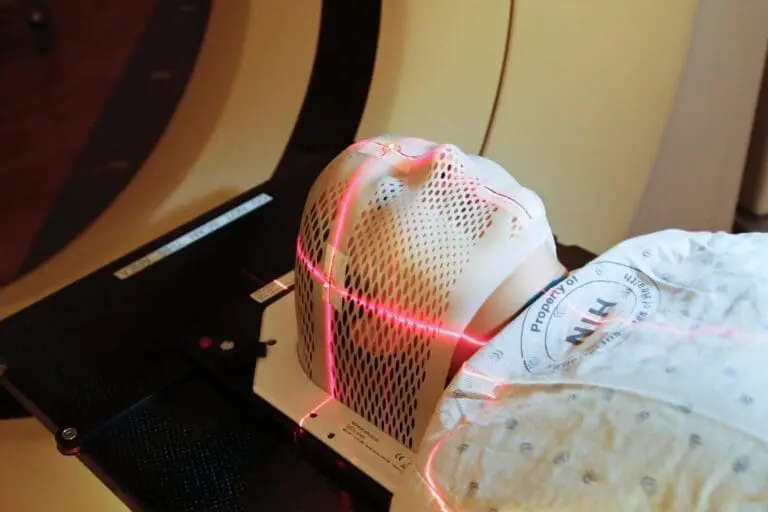Maintaining Optimal Oral Health with the Assistance of Skilled Dentists

Maintaining optimal oral health is a process that entails basic oral hygiene and regular dental exams. This will assist in avoiding tooth decay and gum disease and lower the chance of other health problems. Check out this dentist in charlotte nc, renowned for providing comprehensive preventive services and attentive care. Patients consistently appreciate the commitment to oral health, with a focus on personalized advice and a non-judgmental approach, fostering a positive dental experience for all.
All patients reported that they valued having a dentist who offered preventive services and advice. They also loved having a dentist who listened to their concerns and did not judge them for their oral health status.
Practice Good Oral Hygiene
Good oral hygiene involves brushing teeth regularly, flossing, and using mouthwash to remove bacteria. It also includes using dental X-rays and examinations to identify and treat problems like gum disease and tooth decay.
In addition to being essential for a healthy smile, good oral health can help prevent diseases that can affect the rest of the body. Oral infections can spread to the lungs and cause pneumonia or bronchitis. They can also affect the heart by causing gingivitis, which may lead to heart disease.
Good oral care can help you avoid these serious health complications and save money in healthcare costs. To keep your teeth and gums healthy, following a routine of oral care that includes brushing twice daily, flossing, and using mouthwash is essential. You should also eat a balanced diet and visit our Manotick dental clinic – exceptional dentistry services in your area.
Visit Your Dentist Regularly
While it may seem superficial, visiting your dentist regularly is one of the best things you can do to help maintain a healthy smile. Your dental professional has had years of extensive training and will be able to give you guidance that is specific to your unique oral health needs.
They can spot things that aren’t readily visible to the naked eye. They can also use X-rays to find issues like impacted wisdom teeth or bone abnormalities that patients often overlook.
Your dentist can also provide you with a personalized cleaning and will teach you the proper brushing and flossing techniques for your mouth. Plus, your dental professional can identify any destructive habits that you might have that could lead to severe oral conditions like gum disease or cavities. Early detection of these conditions can prevent worsening and allow for less invasive treatment.
Eat a Healthy Diet
Nutrition, as the phrase goes, “you are what you eat.” Nutrition is essential for general health, including oral health. A high-sugar, high-carbohydrate diet can contribute to tooth decay and gum disease. A balanced diet rich” in calcium, phosphor, vitamin D, and folic acid, on the other hand, can assist in building strong teeth and healthy gums.
Protein-rich foods, such as lean meats, skinless chicken, fish, beans, and nuts, are critical for oral health. These foods provide the foundation for a healthy oral microbiome, which can aid in the prevention of inflammation and microorganisms that cause tooth decay and gum disease.
Avoiding sticky, complex, or crunchy foods and drinks and drinking plenty of water between meals is also essential. Choose nutritious foods like cheese, raw vegetables, and plain yogurt if you have a snack. It’s a piece of firm fruit. These foods encourage healthy saliva flow, which can aid in the removal of excess sugar and food particles from the teeth.
Practice Relaxation Techniques
Many people suffer from dental anxiety and fear, which can prevent them from receiving the necessary regular dental care to keep their teeth healthy.
Before and during dental operations, deep breathing techniques, progressive muscle relaxation, and guided visualization can all help patients relax. These methods concentrate on tensing and relaxing the body’s muscles, progressing through the chest, arms, legs, and head, beginning at the toes. By diverting the mind’s attention from unfavorable ideas and feelings, these methods can aid in the reduction of tension and anxiety.
Distraction methods like music, fidget toys, and listening to calming speech can also distract the mind during a procedure and create a calming effect. For severe anxiety, sedation dentistry is an option that may be suitable for you. Nitrous oxide can help you relax throughout a procedure, making it much more bearable for those with dental anxiety.









